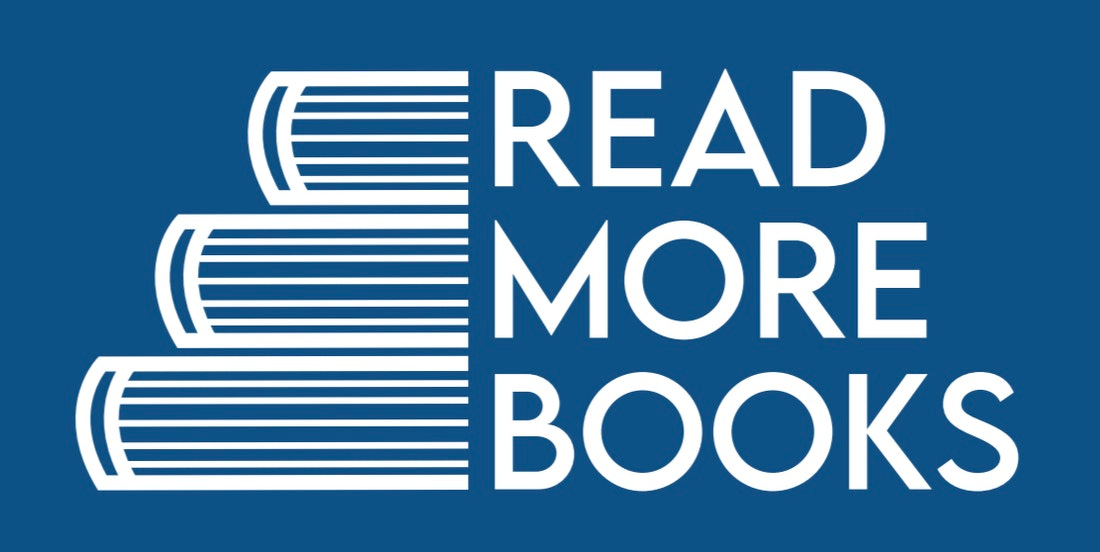What to Read Next: Disaster at the Edge of Space
Issue #330
Happy Friday, readers!
This week I binged a couple of space books that highlighted the hubris and human cost of exploration at the very edge of our atmosphere.
The first title, Challenger, is a brand new book I’ve been eagerly awaiting for months; the second, Magnificent Failure, had been sitting on my shelf for a handful of years. Both were superb and are catnip for any space and aviation nerds out there.
Libro.fm
One more thing before we jump in: I recently signed up as a Libro.fm affiliate. Libro.fm is a fantastic audiobook alternative to Amazon. Like Bookshop.org, they work with independent bookshops to promote the wider world of publishing and literacy. For every book you purchase through my Libro.fm link, I get a small cut.
If you sign up with the button below, you’ll get two free audiobooks to kickstart your listening:
Challenger: A True Story of Heroism and Disaster on the Edge of Space by Adam Higginbotham
Adam Higginbotham’s 2019 Midnight in Chernobyl1 just missed the cut of my favorite reads that year. I was remarkably impressed by his ability to turn a mountain of research and technical notes into a jaw-dropping, informative narrative that often read like a thriller.
Challenger, Higginbotham’s brand new title about the 1986 space shuttle disaster, is even better. We’re only about halfway through the year, but I’m pretty certain it’s going to end up in my year-end favorites list.
Due to the highly televised nature of the disaster, there’ve been countless documentaries and television specials about the Challenger, but very few books that have told the story from start to finish. Over the course 450+ pages, Higginbotham tells us everything we need to know, perfectly balancing technical detail with rich storytelling.
There were two aspects of the book that really stood out and set it apart:
1. Of course it’s a cautionary tale, but at its heart it’s a story about people. Some people made egregious mistakes, some tried to ring alarm bells, and some — the astronauts — were trying to fulfill lifelong dreams. Most stories about Challenger focus on Christa McCauliffe; Higginbotham spends time making every character memorable, including the other six victims as well as countless NASA engineers and third-party contractors.
2. The Challenger disaster was more than just a freak accident. It was the result of decades of tight deadlines, bloated budgets, and misplaced hubris. Because of that, Higginbotham starts the narrative with the Apollo 1 disaster of 1967. From there, we move into the development of the space shuttle, which is easily one of the most impressive machines humans have ever built. And the final pages remind us of the 2003 Columbia disaster. By zooming out from just 1986, Higginbotham gives us the entire scope of the lead-up and aftermath of the Challenger.
As I mentioned above, Challenger often reads like a thriller and I had a hard time putting the book down once I started. It’s one of those where you know how it’s going to end, but it’s written so well that you’re hoping history is somehow changed within its pages. Adam Higginbotham has given us a 5-star book that I’ll be recommending far and wide for years to come.
The book pairs especially well with my friend Evan Axelbank’s podcast interview with the author:
Magnificent Failure: Free Fall From the Edge of Space by Craig Ryan
A handful of years ago on my birthday, my wife gave me Craig Ryan’s The Pre-Astronauts, which is an account of America’s ballooning era of the ‘50s and ‘60s. The military sent pioneering men over 100,000 feet up into the sky strapped to huge balloons in order to research all kinds of high-altitude survival questions. That book, a virtually unknown title put out by a small press, was one of my favorite reads of 2019.
I immediately bought one of Ryan’s other books, Magnificent Failure, but kinda forgot about it until reading Challenger. This one is just as gripping and tells about the life and adventures of Nick Piantanida, a civilian who became obsessed with high-altitude ballooning and skydiving. Sadly, that obsession turned to tragedy in 1966.
Ryan manages to cover a lot of ground in this book’s 250 pages. From Piantanida’s early life to his aerospace exploits to the tremendous difficulties of embarking on those kinds of projects as a civilian. Ryan also dramatically gives us all the highs and lows of Piantanida’s life, including gripping back-and-forth dialogue taken from audio tapes, of hits three attempts at free-falling to earth from over 22 miles up in the atmosphere.
On that final attempt, the nascent technology failed. Ultimately, Piantanida’s life is a study in extremes. He accomplished some amazing, hard-to-believe fits through his sheer force of will, but also paid the ultimate price that relentlessness.
Magnificent Failure doesn’t quite have the same broad appeal as Challenger and the narrative isn’t quite as propulsive, but it’s still a very good book that will appeal to folks with an any interest in aviation or spaceflight history.
That’s all for me this week. Thanks so much for the time and inbox space — I deeply appreciate it.
-Jeremy





Challenger does sound interesting
A few years ago one of my reading themes was to choose a book from a historical event and read it during the month that it occurred. I chose this and appreciate some of the complexities and dynamics that went into what occurred.
Challenger sounds like a winner. Definitely gonna check it out. Thanks!